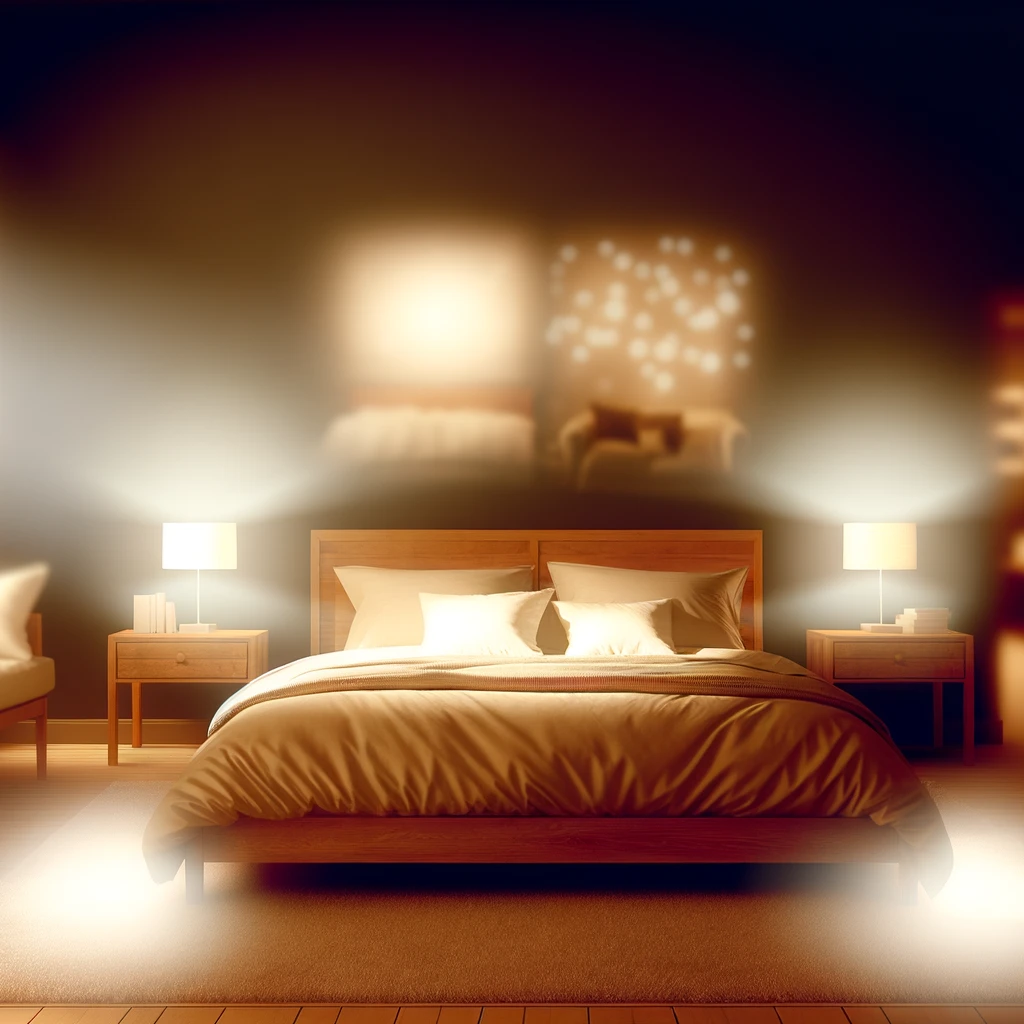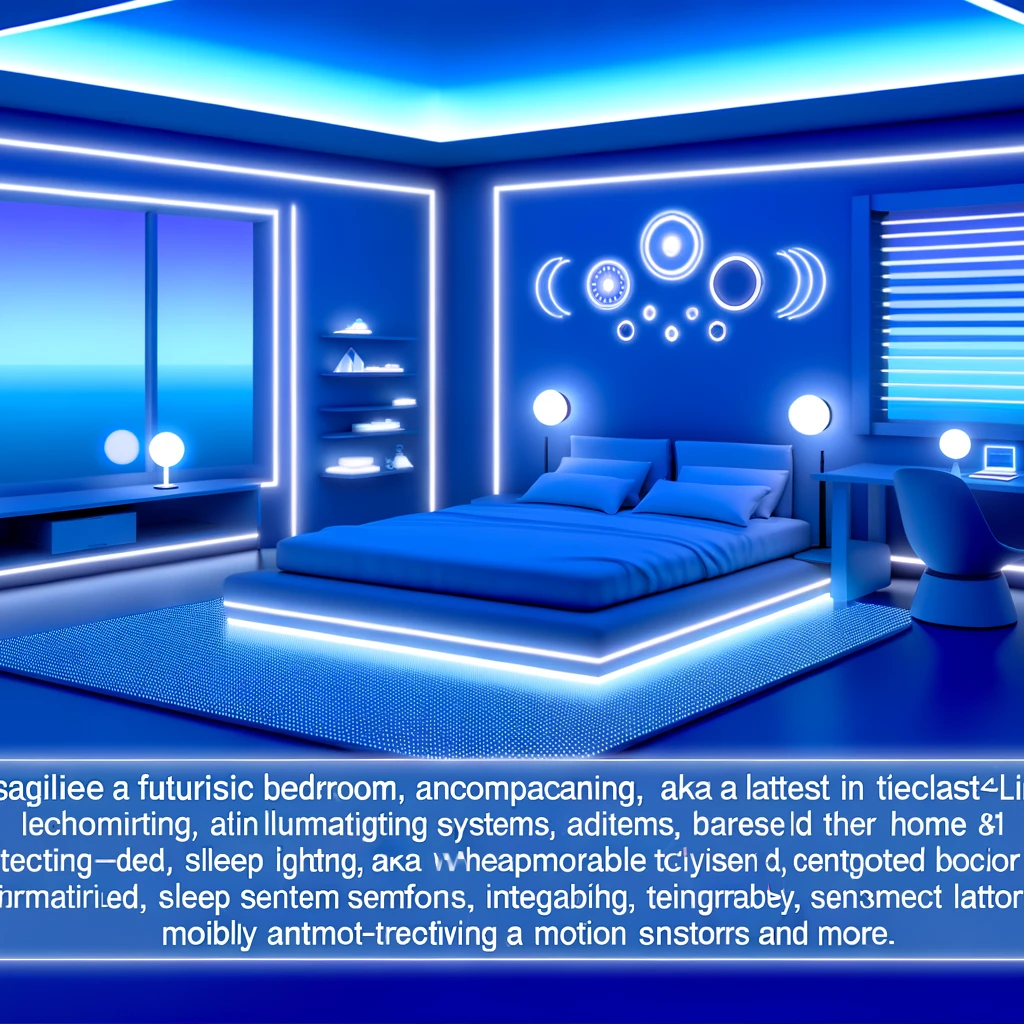Related Articles











In a world that is increasingly focused on optimizing every aspect of life, sleep science has emerged as a critical field of study. As we continue to understand the complexities of sleep, both researchers and tech innovators are pushing the boundaries to improve sleep quality and address sleep-related disorders.
Sleep is a fundamental physiological need, crucial for maintaining cognitive function, emotional well-being, and physical health. Despite its importance, many people struggle with sleep issues, leading to a rise in sleep-related research and technology designed to enhance sleep quality.
Recent trends in sleep science focus on understanding the mechanisms of sleep, the impact of sleep on health, and the environmental factors that affect sleep quality. Researchers are exploring the genetic basis of sleep disorders, the role of circadian rhythms, and how lifestyle choices influence sleep patterns.
Technological advancements have revolutionized how we monitor and improve sleep. From smart mattresses to wearable sleep trackers, technology offers personalized insights and interventions. These devices can monitor sleep stages, detect disturbances, and recommend lifestyle changes for better sleep.
Artificial Intelligence (AI) is playing a transformative role in sleep science. AI algorithms analyze sleep data to predict disorders and suggest treatments. This technology also enables personalized sleep solutions by considering individual sleep patterns and preferences.
The future of sleep science promises exciting developments. Researchers are investigating the potential of genetic engineering to combat sleep disorders and exploring how virtual reality and augmented reality can be used to train the brain for better sleep.
Despite these advancements, there are challenges and ethical considerations. Privacy concerns arise from the collection and use of personal sleep data. Additionally, there is a need for regulation to ensure that sleep technologies are safe and effective.
The future of sleep science is bright, with numerous innovations poised to change the way we understand and manage sleep. As research and technology continue to evolve, we can expect more personalized and effective solutions to enhance our sleep health.